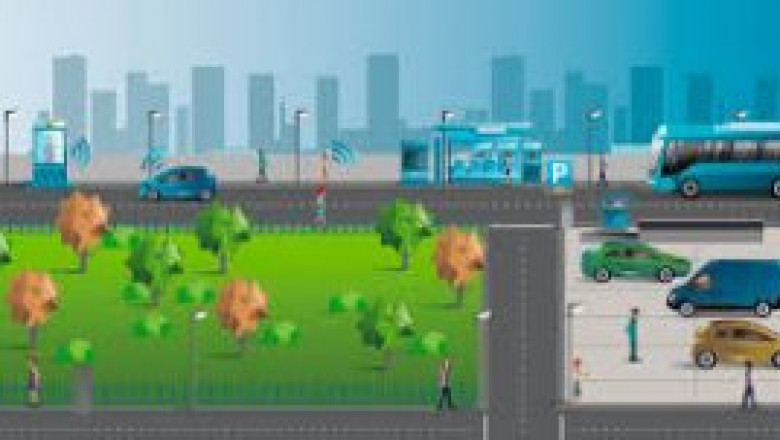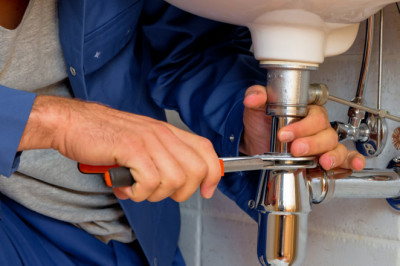views

The coming future of recycling is looking more promising, the day IoT started entering into the industry of waste management.
With the technology of RFID and the sensors, waste management systems and recycling can be additionally optimized for increase in productivity and also for cost saving during a move towards a sustainable future.
The applications of IoT helps in effective improvement in the operations of the waste management systems. Routes which are pre-defined and the obsolete methods of the waste collections are being replaced increasingly with the bins which are sensors enabled and the sophisticated applications of the waste management.
Use of Data for recycling of Products Using IoT
The pivotal feature of any IoT is making the application enabled with the ability for sending and receiving the real time data. Gathering of applications is used by this data. Using the connected devices and the applications based on the cloud networks, the chain of the waste management system is becoming more popular with the numerous of points of interaction.
Through the intelligent technology which is sensor enabled, the garbage and the dustbin cans can get connected to the Internet named as “Digital Bin or Can”. As of these “Internet of Product” can get monitored, over-viewed and managed by identifying the level of can filled with each waste being dumped.In case, someone who empties the waste in the smart bin or the garbage can which is IoT enabled, then they have to scan the code on the bin which sends the data immediately to the waste collector.
The data makes the collector for identifying the level and the amount of waste to get recycled. Also it can be further used for optimization of the logistic operations like which size of the vehicle should be used, also which routes should be followed and later which garbage should be collected and so on. These possibilities are endless and promising.
Coming to the waste management industry, collectors of waste and recycling always looks towards the way for cost minimization and productivity increase when it is possible. This is meant for better manpower utilization, fleet cost reduction and per head increase in productivity and during the same time automation of the tedious process of fixed route collection method.
This was the big challenge for the urban cities because of the waste management and the there is growth in the rate of urbanization and sustainable plans of urban development are required more. The prior information of the smart bin is given by the smart waste management system to the municipality so that bins gets cleaned on the time and gives more protection to the environment.
For full article click here












